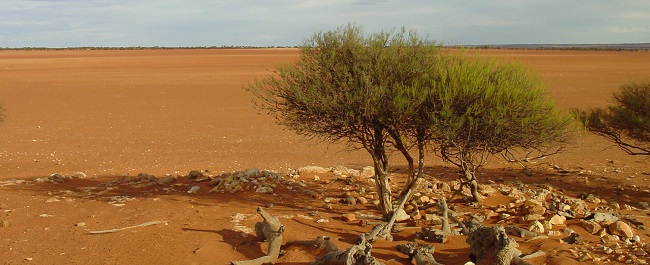Climate change and migration nexus discussed by experts

Addis Ababa, 20 October 2016 - Migration can be linked to the effects of climate change as well as exacerbate the conditions that cause climate change, experts discussed at the sixth conference on Climate Change and Development in Africa (CCDA-VI).
Ms. Daria Mokhnacheva, Migration and Climate Change Cluster Specialist of the IOM said that migration is in response to sudden disasters as well as to exposure to the slow onset effects of climate change: including sea-level rise, desertification, land degradation, droughts, ecosystem degradation or loss. “Many already migrate in response to these phenomena, and many more could be displaced in the future as slow onset change turns into humanitarian and social disasters,” she said.
Prof Araya Asfaw of the Horn of Africa Regional Environment Centre in Ethiopia observed that migration causes ecosystem pressures that can contribute to climate change. The Horn of Africa has highest migration on the continent and is characterized by mixed flows of asylum seekers, internally displaced people and those fleeing droughts and disasters.
Mr. William Muhawava of the Economic Commission for Africa (ECA) said that “migration is one of the democraphic dynamics shaping populations of countries.” In Africa, rural to urban migration is on the increase as people seek opportunities in urban areas.
“We expect most of the African population to urbanize, and this is going to have an impact on climate change,” said Ibrahim Ceesay, the Chairperson of the Africa Youth Alliance on Sustainable Development, noting that most of the people who move to urban areas are the youth.
Urbanization in Africa has failed to bring about inclusive growth which, in turn, has resulted in proliferation of slums, urban poverty and rising inequality.
Mr. Adama Coulibaly, also of the ECA said that agricultural development in Africa could be a key driver in reducing migration as the African economy has "the potential to produce food, income and build resilience.”
Ms. Mokhnacheva said that “migration can be a solution” by looking at holistic approaches to address the linked economic, social, political and human security aspects that are migration drivers. She said that experts had a much better understanding of possible tools and types of measures to address the root causes of displacement and migration and to prevent forced migration, for example through climate mitigation and adaptation, or DRR policies; and to reduce population pressure in areas at risk and promote livelihood diversification among other options.
Issued by:
Communications Section
Africa Climate Policy Center, ECA
PO Box 3001
Addis Ababa
Ethiopia
E-mail: ecainfo@uneca.org
- Log in to post comments


